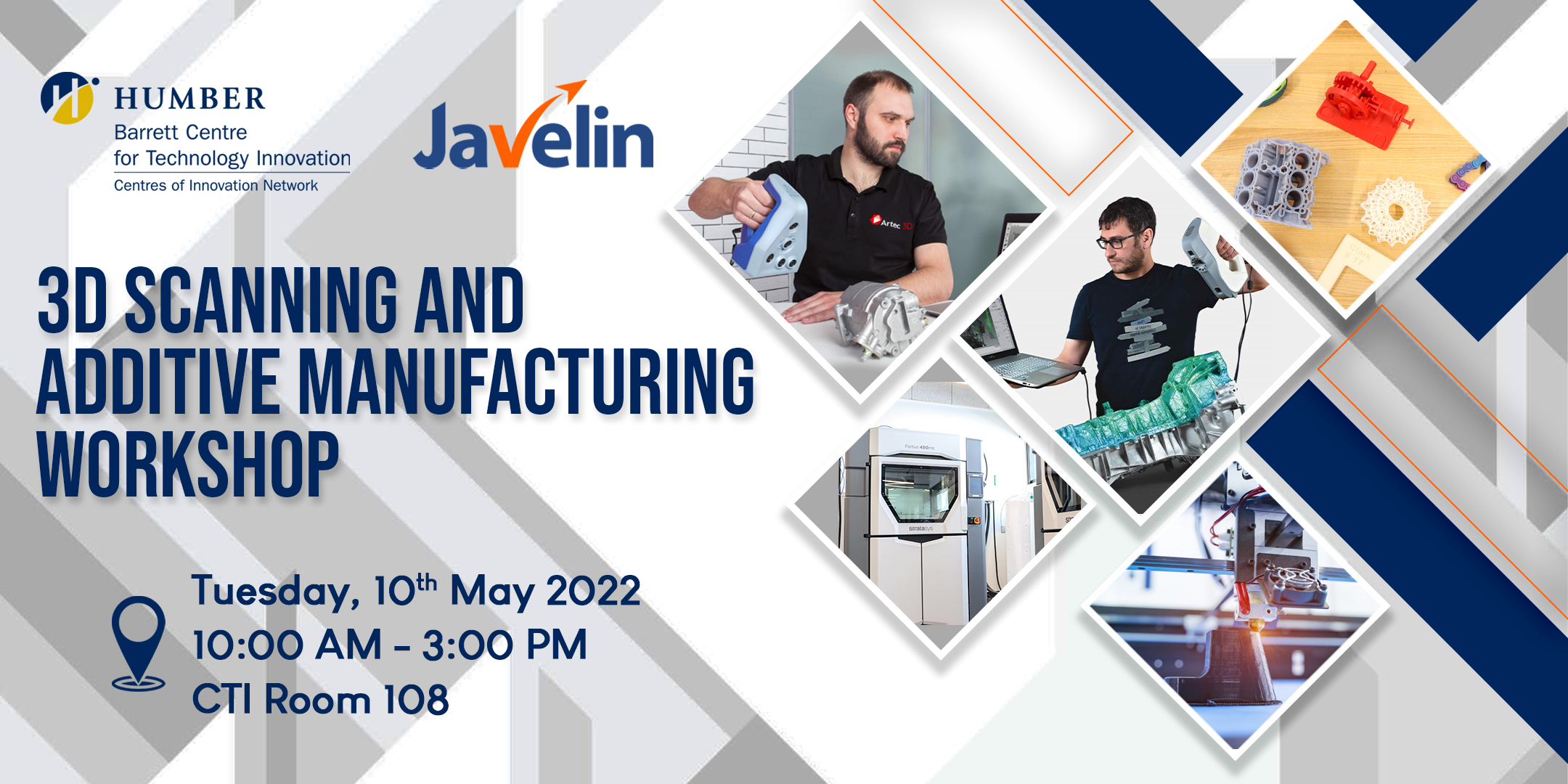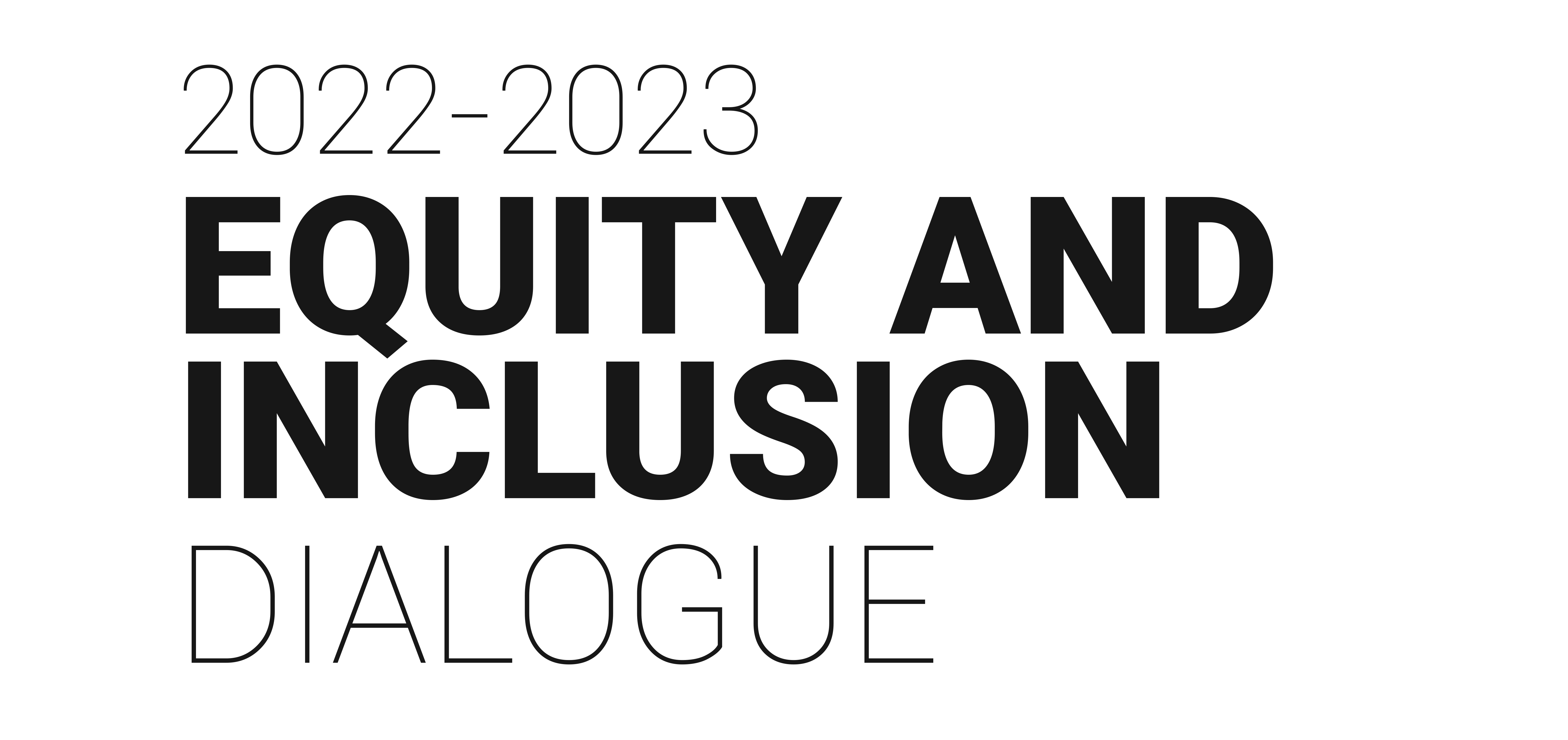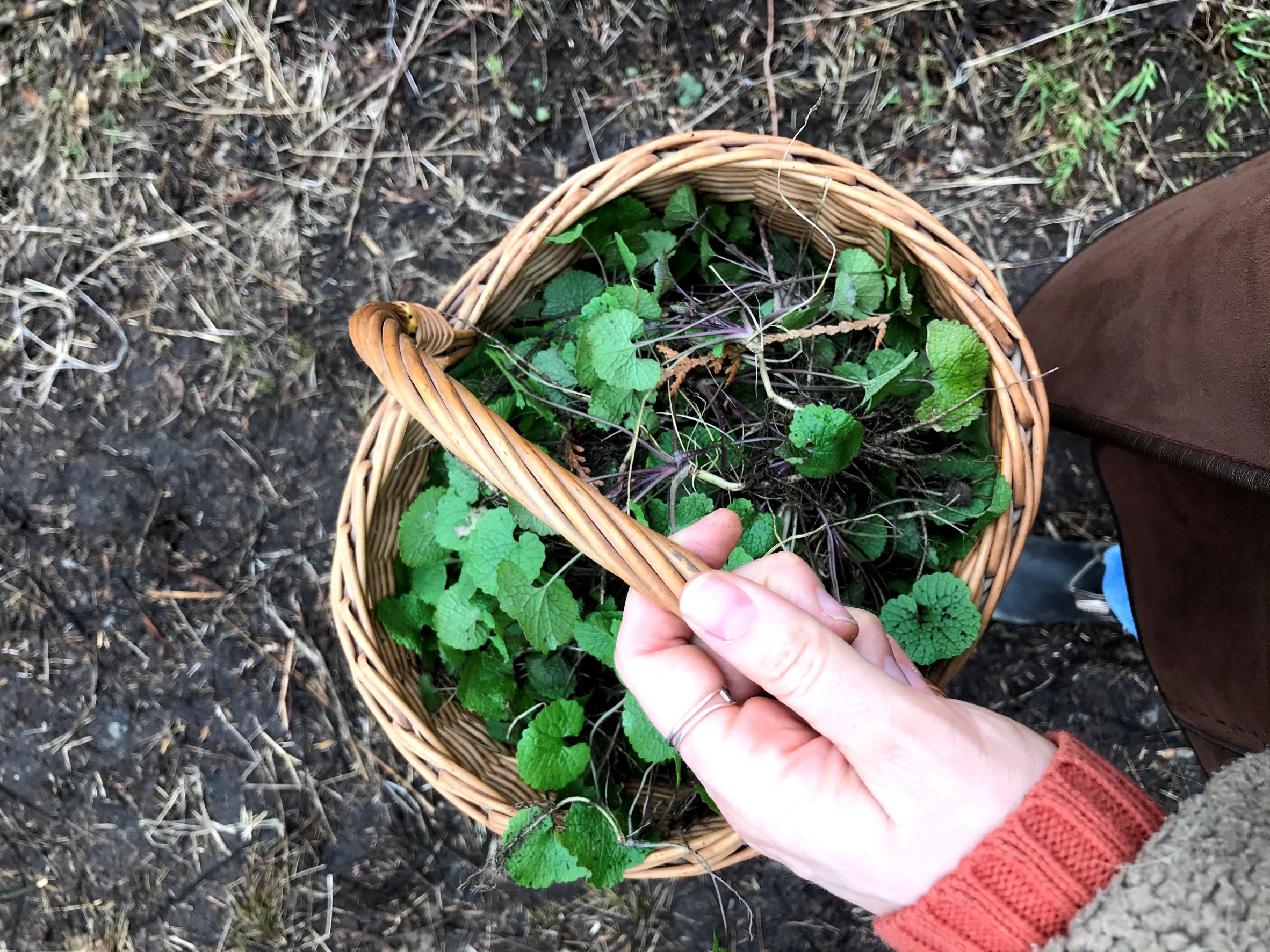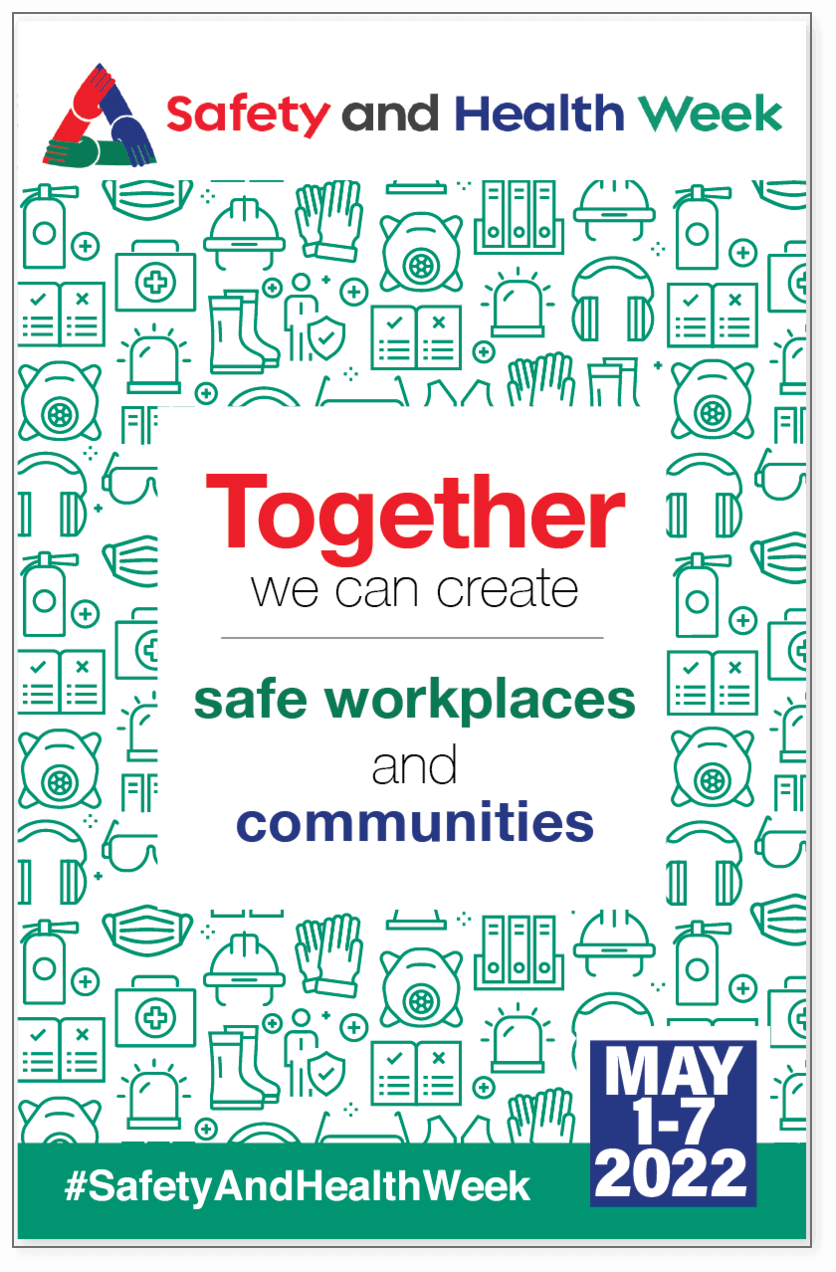What is Safety and Health Week?
Safety and Health Week is a continent-wide event spanning Canada, USA, and Mexico during the first week of May. This event was previously known as NAOSH (North American Occupational Safety and Health) Week.
The Canadian Centre for Occupational Health and Safety (CCOHS) promotes Safety and Health Week in partnership with the Canadian Society of Safety Engineering (CSSE), Threads of Life, Employment and Social Development Canada, and American Society of Safety Professionals (ASSP).
To find out more about Safety and Health Week, visit the event website at www.safetyandhealthweek.ca.
Calendar of Free Virtual Events
You are welcome to join any or all of the exciting events listed below. Please make sure you receive your supervisor’s approval before registering.
Monday, May 2 - Virtual National Kickoff at 11 a.m.
Join our national partners from across the country as we kick off Safety and Health Week 2022. The Honourable Seamus O’Regan Jr., Minister of Labour, will deliver greetings to officially launch the week. Plus, you’ll hear inspiring stories, watch the finalist videos from the Focus on Safety National Youth Video Contest, and share in the excitement as the winner is announced.
Register for the free virtual kickoff
Tuesday, May 3 - Indigenous Communities at Work: Building Trust and Sustaining Well-Being at 1 p.m.
Join health and safety professionals Stacey Maguire of Glooscap First Nation and Travis Woodworth of Millbrook First Nation, as they discuss workplace health and safety in Indigenous communities. Learn about the complexities of situations workers in small, rural communities may face, and the value of integrating culture into safety programs to gain acceptance from communities.
Register for the free session
Tuesday, May 3 - Looking for a new Podcast?
New podcasts are released each month by the Canadian Centre for Occupational Health and Safety to help you stay current and informed on workplace health, safety, and well-being in Canada.
https://ccohs.libsyn.com
Wednesday, May 4 - Mental Health and Anxiety in the Workplace at 8 a.m.
This session will speak to mental health in the workplace. The speaker will cover topics such as:
- Why talk about mental health in the workplace?
- What is mental illness?
- Stigma
- How to support one another?
- Resources
Free registration information
Wednesday, May 4 - Midweek Mental Fitness at 1 p.m.
Improve your focus, lower your stress and increase your productivity with mental fitness. Pause, relax and reflect as you exercise your brain and join in a 30-minute guided meditation session..
Register for the free session
Thursday, May 5 - Take Action, Don't Walk By at 1:30 p.m.
Everyone at work has a role to play in keeping themselves and each other safe. Learn how to develop a Take Action, Don't Walk By mindset. Join Lee-Anne Lyon-Bartley and Janet Mannella as they discuss five steps you can take to positively change an organization's health and safety culture.
Register for the free session
Thursday, May 5 - Expand Your Knowledge
Did you know you have access to free, online health and safety courses and articles? A wide variety of topics are available for you to explore, including:
- Maintaining Health & Safety While Working Remotely
- Keeping New & Young Workers Safe This Summer
- Sitting at Work
- Recognizing and Preventing Workplace Harassment and Violence
- And so many more!
To learn more, visit our partners at:






